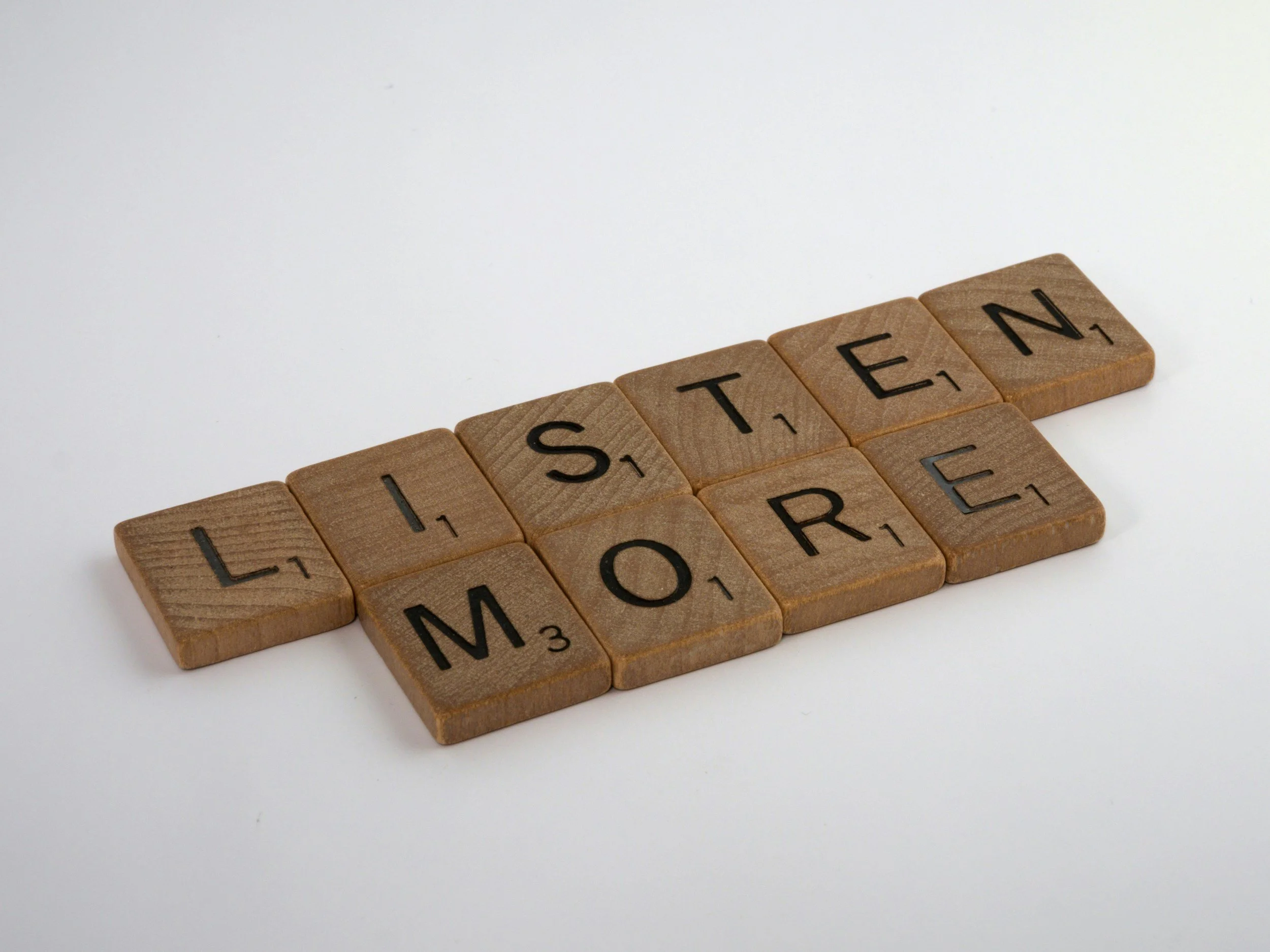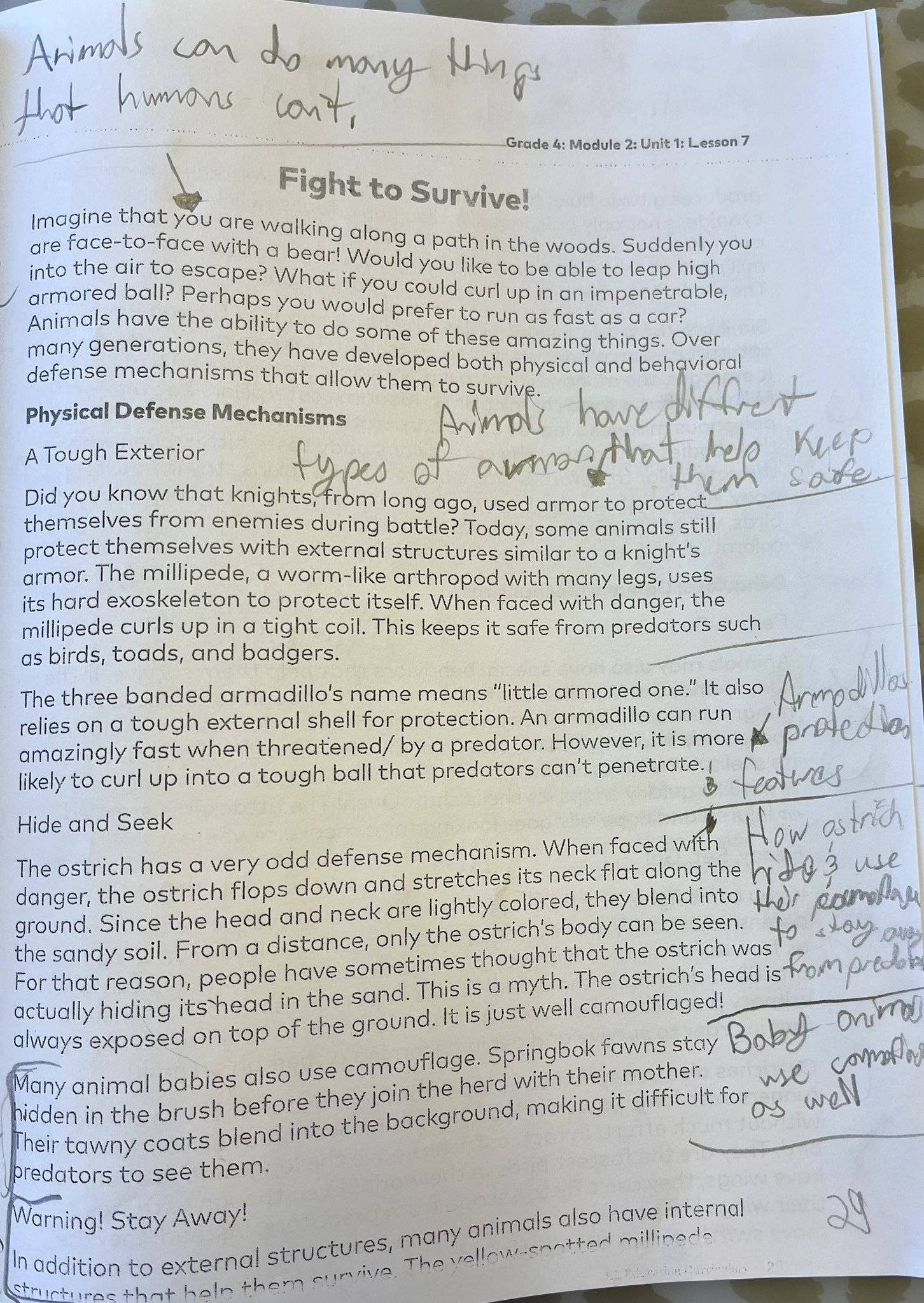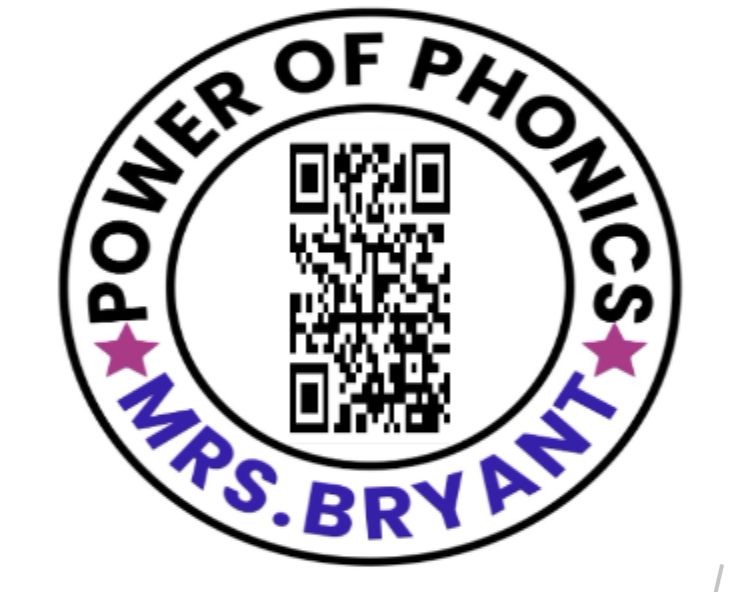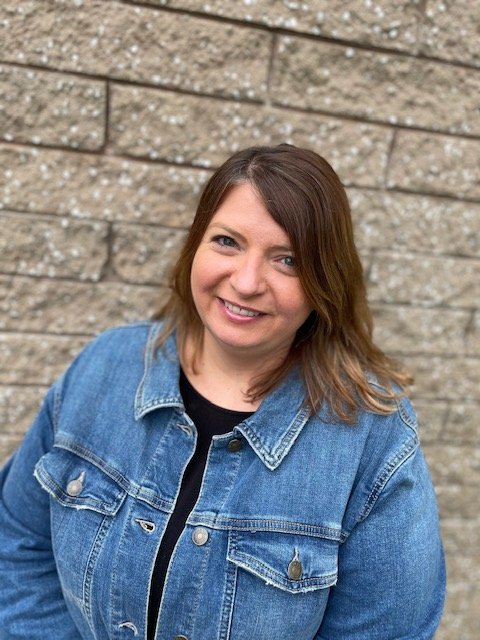
Teachers Teach Teachers: Our Approach to Professional Learning
This year, we’ve experimented with a more targeted approach. In partnership with the Science of Reading-What I Should Have Learned in College Facebook Group, we’ve launched Teachers Teach Teachers, a free professional learning program where we convene groups of teachers over Zoom and show and discuss short instructional clips from our fellows’ classrooms.

Goyen Literacy Fellowship: Apply by February 28th
Are you an exceptional teacher of reading? (Or do you know one?) Do you want $2000 - and the opportunity to share your knowledge and skill with the world?

How to Talk So Teachers Will Listen
Dos:
Ground your advice in YOUR personal experience. Be vulnerable.
Connect that experience to practice and research.
Be conversational. Write like you speak.
Ask clarifying questions to understand the context and establish your sincere interest in the teacher’s question.
Dignify a careful question with a careful response. Take your time responding.
Be specific. “Listen to Sold A Story!!!!!!” doesn’t count.
Be nice and assume good faith.

Debates in the Dark; Instruction in the Light
When we discuss and debate classroom practice, we should bring it into the light with artifacts and concrete examples from actual classrooms: videos, writing samples, assessments, worksheets, slides. I know that both sides would agree that what Sarah experienced in 7th grade ELA class was ineffective and soulless. And I’m also confident that both sides would celebrate classrooms like this one or this one or this one where the teachers are leveraging strategies to get students learning and thinking more deeply about the text they’re reading.

Learning Styles for Lunch: What I Wish I Had Said
What we say and how we say it matter, even in smallest, more forgettable moments. A positive interaction in the faculty lounge might mean that the first grade teacher downloads a podcast you recommended for her commute. A perceived slight might mean that the second grade teacher tunes out the next time you start talking about knowledge-building. We aren’t going to change a person’s mind in a single interaction, but a single interaction can certainly change the course of a relationship.

Washing Our Hands of the Reading Wars
We need to start talking and thinking about systematic phonics and the science of reading not as a cure-all, but as a standard of care. It is not just the initiative of the decade; it’s a non-negotiable that rests at the foundation of all literacy instruction. It’s just how we teach kids to read. It’s how we care for our students, especially our most vulnerable and marginalized.

Professors are People too
Here’s my bottom-line:
We cannot change and improve reading instruction without changing teachers’ minds.
We cannot change and improve educator prep without changing professors’ minds.
The most effective advocacy will center both of those ideas.

Reading Reform Across America: The most interesting thing I read this summer…
Inevitably, this analogue report would be harder to write and compile–where do you even begin? But when I think about changing the way reading is taught, when I think about persuading teachers and school leaders that this whole structured literacy thing isn’t just another initiative that will die on the vine after a few years, I’m way more optimistic about bottom-up, opt-in initiatives that incentivize educators and recognize that educational change cannot be mandated overnight.

Fellowship Application Reflections
These videos have been a delight to watch. Among many other things, this morning I’ve watched:
3rd graders participating in a Socratic Seminar about who gets to decide the meaning of a work of art.
Kindergarteners decoding and encoding multisyllabic words.
A 7th grader teacher leading sixty (yes, sixty) 7th graders through a fluency review to prepare for state testing.

The Dos and Don’ts of Literacy Change
Wars have sides. Every time someone talks about the “Reading Wars,” we are making teachers choose a side. Once you choose a side, your side becomes part of your identity, and the other side becomes your enemy. This framing, though exciting and dramatic, makes it hard for teachers to see the good and the humanity in the “other side,” let alone contemplate changing their teaching approach.

Talk To Teachers: Amanda Bryant
I had an amazing mentor, who happened to be trained in phonics. She was Orton-Gillingham trained, and she shared all of her knowledge with me. I still teach the way she taught me to teach. Even when my school adopted balanced literacy, I kept incorporating the things she had taught me into my instruction. New teachers coming into education after me usually only received training in balanced literacy. I feel blessed that I had a good teaching foundation built around phonics before the transition to balanced literacy occurred but felt bad for colleagues who didn’t.

What Do Balanced Literacy and Red Meat Have in Common?
We are not wrong to emphasize the urgency of making these changes. But we are wrong when we do not acknowledge how difficult these changes are to make. Change, under any circumstance, even in the face of overwhelming evidence, is really, really, really difficult. Homeostasis rules.

Talk to Teachers: Katie Brunson
I think this shows the trust we had in Kathleen. She made it clear that we were going together, as a school, to improve reading instruction. We’re all going to give it our best shot. We’re going to implement this new curriculum with integrity. Trusting and being trusted by our principal made such a big difference.

Talk to Teachers: Moriah Geller
In my undergraduate program, we learned about the reading wars and the history of reading. We didn’t learn about phonics or whole language in depth - beyond what each of those meant - but we did learn about “the pendulum,” so to speak, which swung back and forth about every decade. We also learned a lot about motivation and engagement, which was valuable but not sufficient for understanding how to teach kids how to read. After graduating, I went into a master’s degree and credential program. There, too, the literacy courses were mostly focused on motivation and engagement, along with comprehension strategies, state standards, and the components of balanced literacy.

How to Tweet Productively
So what’s the lesson here? Here are three that I can think of:
It’s possible to recover from an unpleasant moment or exchange on Twitter, especially if you assume good intent and keep your commentary dispassionate.
Twitter can be a productive forum for nuanced conversation.
But we shouldn’t expect all or most conversations to end in consensus. This one certainly did not.

Talk to Teachers: Francesca Corino
As part of our commitment to celebrating, uplifting, and highlighting teachers and their incredible work, we’re introducing a regular series called Talk to Teachers, where we interview teachers about their experience teaching reading and learning about teaching reading. This conversation is with Francesca Corino, an instructional coach or pedagogical coordinator at an international school in Brazil. Francesca learned about structured literacy while searching for alternatives to and extra supports for Units of Study. The following conversation was lightly edited for clarity and concision.

Introducing: Talk to Teachers
For the rest of the year, we will regularly share interviews with exceptional reading teachers from around the world. We want to hear directly from teachers about their experience teaching reading. We want to hear from them about their practice, about their education, about their evolution, about the questions they have for researchers, about any hang-ups they might have about “the science of reading.”

Fellowship Reflections: Talk to Teachers
But selectivity is not the goal here. We want to celebrate, uplift, and honor teachers who are doing exceptional work. We want to learn from these teachers. We want to help other teachers replicate what they’re doing. That’s the purpose of this fellowship.

Goyen Literacy Fellowship: Update 1
Ultimately, I want to select fellows that are exceptional teachers of reading, that are bringing joyful evidence-based practice into their classrooms. I want to choose fellows that will effectively capture these practices in bite-size digestible tidbits and will be exceptional models for other teachers that are trying to learn how to translate research into practice.

Announcing the Goyen Literacy Fellowship
I am thrilled to announce our newest initiative: the Goyen Literacy Fellowship!
What does this mean?
It means that we will give teachers $2000 to document excellent literacy teaching in their classrooms. If you like our SoR Classroom project and want to get paid to help us create a library of content like this, keep reading…
